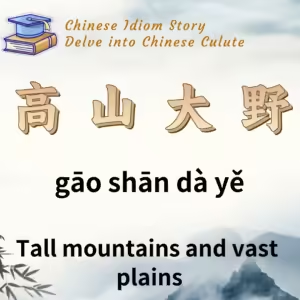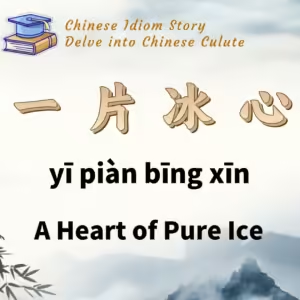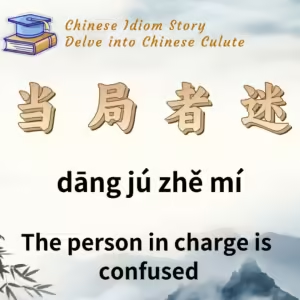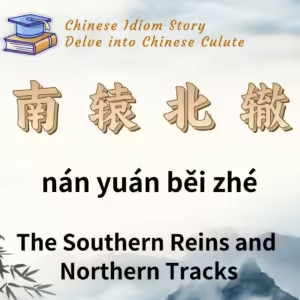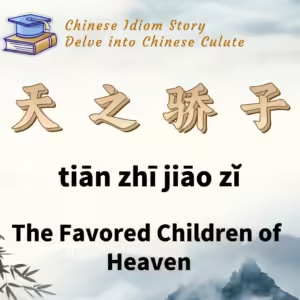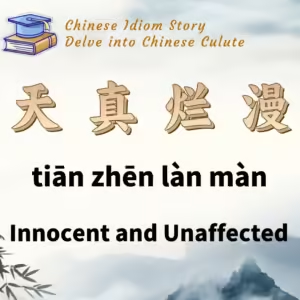
Chinese Idiom: 天真烂漫 (Tian Zhen Lan Man)
English Translation: Innocent and Unaffected
pīn yīn: tiān zhēn làn màn
Idiom Meaning: This idiom describes a person who is simple-hearted, candid, and natural. It is often used to refer to the pure and kind-hearted nature of children or young people. “天真” means simple or naive, and “烂漫” means natural.
Historical Source: Yuan Dynasty, Xia Wenyuan’s “Tu Hui Bao Jian • Five • Zheng Si Xiao” (《图绘宝鉴·五·郑思肖》).
Idiom Story
In the late Southern Song Dynasty, there was a painter named Zheng Si Xiao. He participated in the Imperial Examinations as a student but later became an advocate for resistance when the Mongols invaded from the north. Despite his efforts to urge the court to resist the invasion, his suggestions were ignored.
After the fall of the Southern Song Dynasty, Zheng Si Xiao changed his name to “Si Xiao,” which reflected his deep longing for the Song Dynasty. The surname of the ruling family in the Song Dynasty was Zhao (赵), and “肖” is a component of the character “赵,” symbolizing his eternal remembrance of the Southern Song.
Zheng Si Xiao lived in seclusion in a temple in Suzhou, where he hung a large plaque in his residence. The plaque bore the characters “本穴世界” (běn xué shì jiè), which, when interpreted creatively, signified “Great Song.” The character “本” is composed of “大” and “十,” and placing “十” in the middle of “穴” forms “宋” plus “大,” representing “大宋” (Great Song). This clever wordplay expressed his belief that he was still living within the realm of the Great Song Dynasty.
One day, Zheng Si Xiao painted a scroll of ink orchids that was five inches high and more than a foot long. The orchids in his painting appeared to grow naturally without any soil or roots. He inscribed eight characters on the painting: “纯是君子,绝无小人” (chún shì jūn zǐ, jué wú xiǎo rén), meaning “purely gentlemen, absolutely no villains.” The simplicity and liveliness of the painting, along with the heartfelt inscription, earned widespread admiration and praise from those who saw it.
Zheng Si Xiao’s artwork was celebrated for its pure, natural quality, embodying the idiom 天真烂漫 (tiān zhēn làn màn). This phrase encapsulates the unspoiled, innocent nature that is both sincere and unaffected by the complexities and corruptions of the world.

